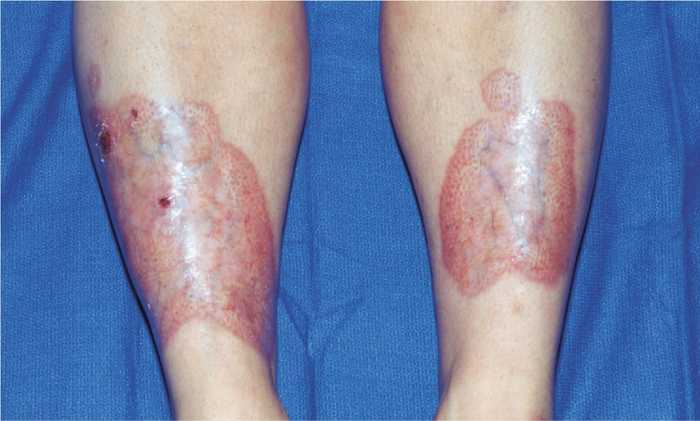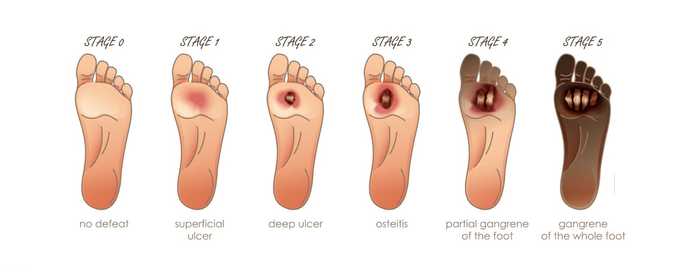Published 10:14 IST, October 9th 2023
Diabetes Alert: How Sugar Levels Affect Skin, Warnings, and Prevention Tips
Explore how diabetes wreaks havoc on skin health, revealing warning signs that demand attention and strict blood sugar control. Learn prevention and treatment.

Diabetes, a prevalent global health issue, not only poses various well-known health challenges but also significantly affects one of the body’s largest organs: the skin. The impact of high blood sugar levels on the skin is often underestimated, leading to a range of skin-related warning signs. To shed light on this crucial connection between diabetes and skin health, Republic Digital interviewed Dr. L. Sudarshan Reddy, Senior Consultant Physician at Yashoda Hospitals.
Impact of Diabetes on Skin
According to Dr. Reddy, "Diabetes can affect many parts of the body, including the skin. Skin manifestations often signal that blood sugars are not under control, indicating potential risks associated with diabetes or prediabetes."

(There are various signs of high sugar level in blood | Image: X)
Skin-Related Warning Signs of High Blood Sugar
Necrobiosis Lipoidica
This condition manifests as yellowish-brown lesions with small raised pimple-like bumps. While usually harmless, it necessitates strict blood sugar control to prevent complications.

(Necrobiosis Lipoidica starts with yellowish-brown pimple | Image: X)
Acanthosis Nigricans
Darkened skin creases on the neck can be a sign of diabetes. Testing may be required to confirm diabetes in such cases.
Frequent Skin Infections and Rashes
Recurrent skin issues should raise a red flag, highlighting the importance of tight blood sugar control.
Diabetic Foot Ulcers
Poorly controlled blood sugar levels can lead to poor circulation and nerve damage, making it difficult for the body to heal wounds, particularly on the feet. Diabetic foot ulcers are a common consequence.

(There are various stages of foot ulcer | Image: X)
Shin Spots or Diabetic Dermopathy
These skin depressions on the shins, typically seen in elderly individuals, can persist indefinitely. Diabetes control can help alleviate or halt their progression.
Granuloma Annulare
This skin condition causes patches with red or purple-coloured skin.
Xanthelasma
Characterised by raised yellowish patches, Xanthelasma can indicate high fat levels in the blood and may also signal uncontrolled diabetes.
Extremely Dry and Itchy Skin
Persistent dryness and itching can be an indication of poorly managed blood sugar levels.
Prevention and Treatment
According to Dr. Reddy, prevention is the key to addressing these skin symptoms in the context of diabetes. Adhering to a strict diet, medication regimen, and lifestyle modifications can help maintain optimal blood sugar levels. However, if skin symptoms persist despite stringent diabetes control, consulting a dermatologist is essential. Timely intervention can ensure appropriate treatment and mitigate the potential complications associated with diabetes-related skin disorders.
Overall, diabetes is not merely a condition that affects blood sugar; it has far-reaching consequences on various aspects of health, including the skin. Recognising the warning signs associated with elevated sugar levels is crucial for timely intervention and management. By prioritising blood sugar control and seeking medical advice when necessary, individuals with diabetes can protect their skin and overall well-being.
Updated 10:14 IST, October 9th 2023



